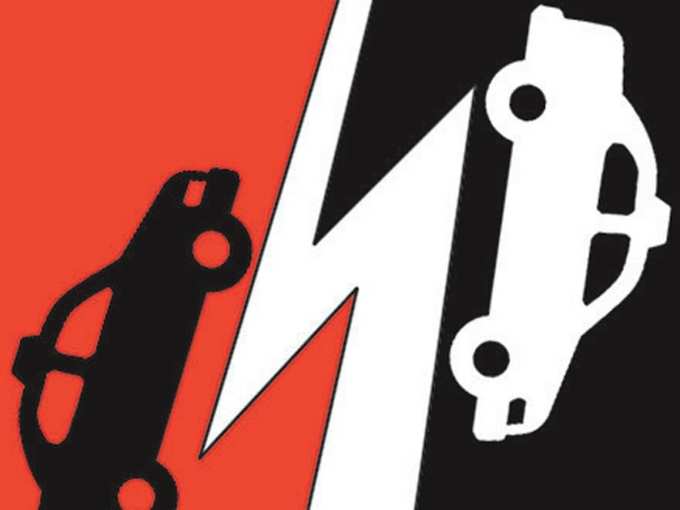
Earlier this month, a driver for Ola in Chennai claimed that while a minimum of 3 rides a day was enough previously, now that’s 15. Also, the company charged Rs 4,000 as commission previously, now 20% is deducted for every ride. Ola refused to comment at the time of publication.
The official statement from Uber stresses that driver earnings are not fixed as it depends on how many trips the driver partner wishes to take. The company also claimed that the idle time for driver partners has come down significantly.
That might be true. However, while Uber drivers were paid as much as Rs 200 on every duty, there is no incentive for every ride in Uber now. Four rides in peak hour a driver gets Rs 2,400; for six hour Rs 3,000, for eight hours Rs 3,500, and for 10 hours Rs 4,500, a driver with Uber in Delhi has claimed.
Add to that the cost of a constant 3G connection, several calls to the call centres in Bengaluru and the bloodbath in terms of pricing, with rates running as low as Rs. 6/km, and it might start to get a bit hot under the collar.
When asked if driver incomes have dipped due to lesser incentives, Bhavik Rathod, General Manager for Uber is dismissive. “Incentives are a part of the driver acquisition strategy. In a market, the supply and demand has to match each other. Incentives are paid to bridge that gap. Post that they are insignificant.”
Post publication, Ola released an official statement that reads, "What a driver partner earns on the Ola platform is directly related to the number of bookings he/she does, and the quality of rides offered to passengers. Ola provides flexibility to driver partners for choosing their own work timings, with no restrictions on minimum number of log-in hours or rides. Driver partners on the Ola platform benefit from increased scale in the form of better revenue as entrepreneurs. With millions of users choosing Ola as their most preferred app for all their mobility needs, driver-partners stand to see more booking requests and lower waiting time on the platform at all times.
Image credit: Indiatimes